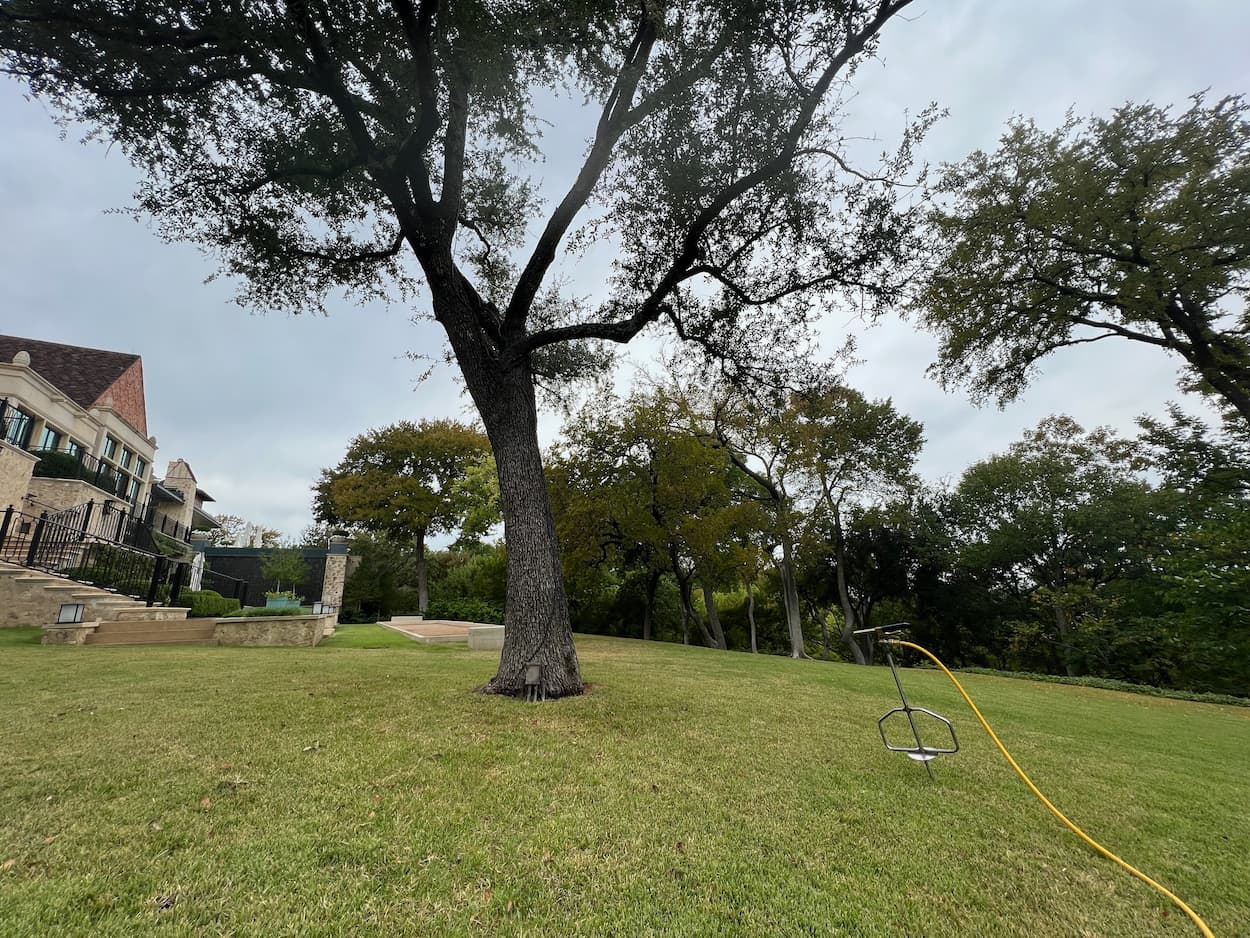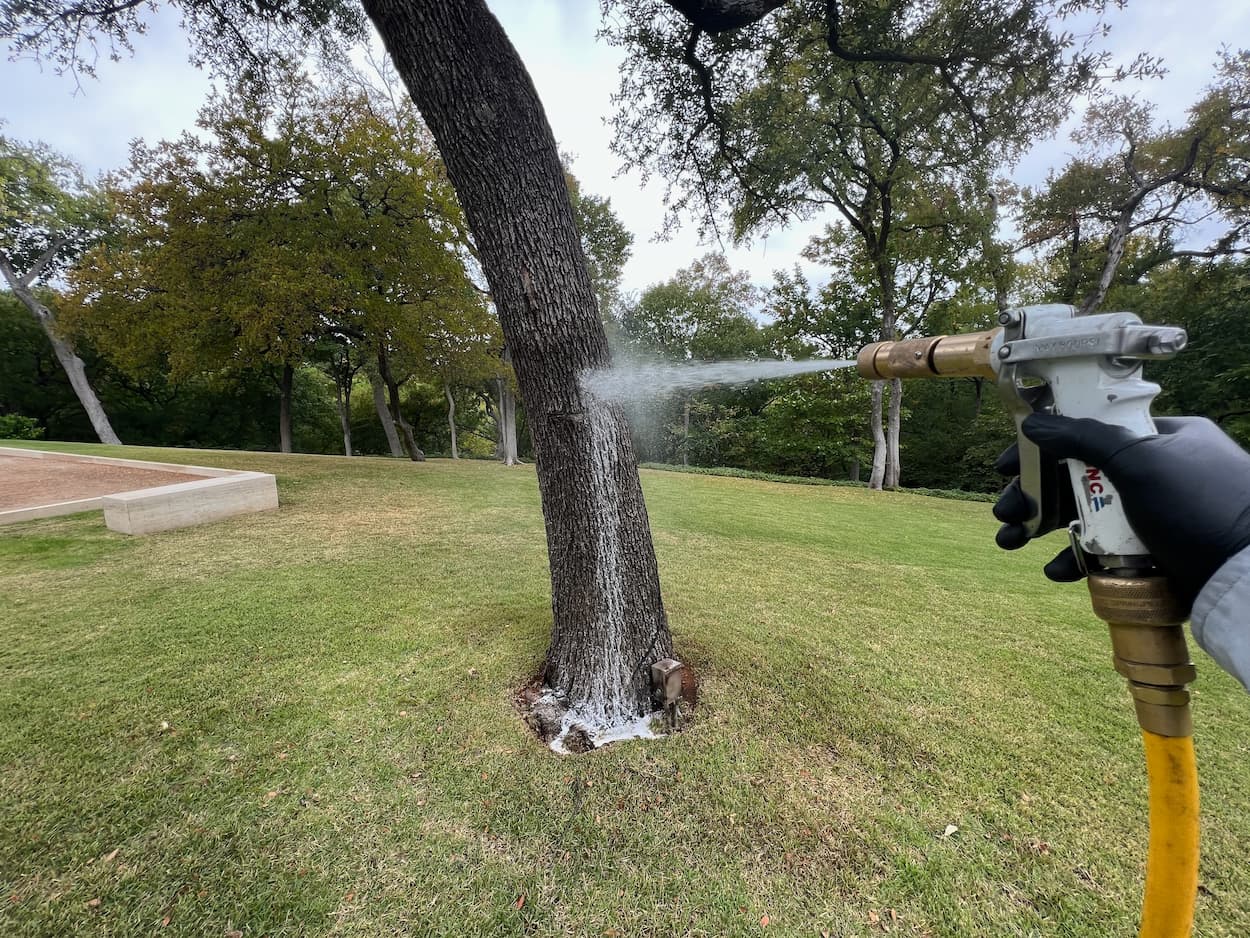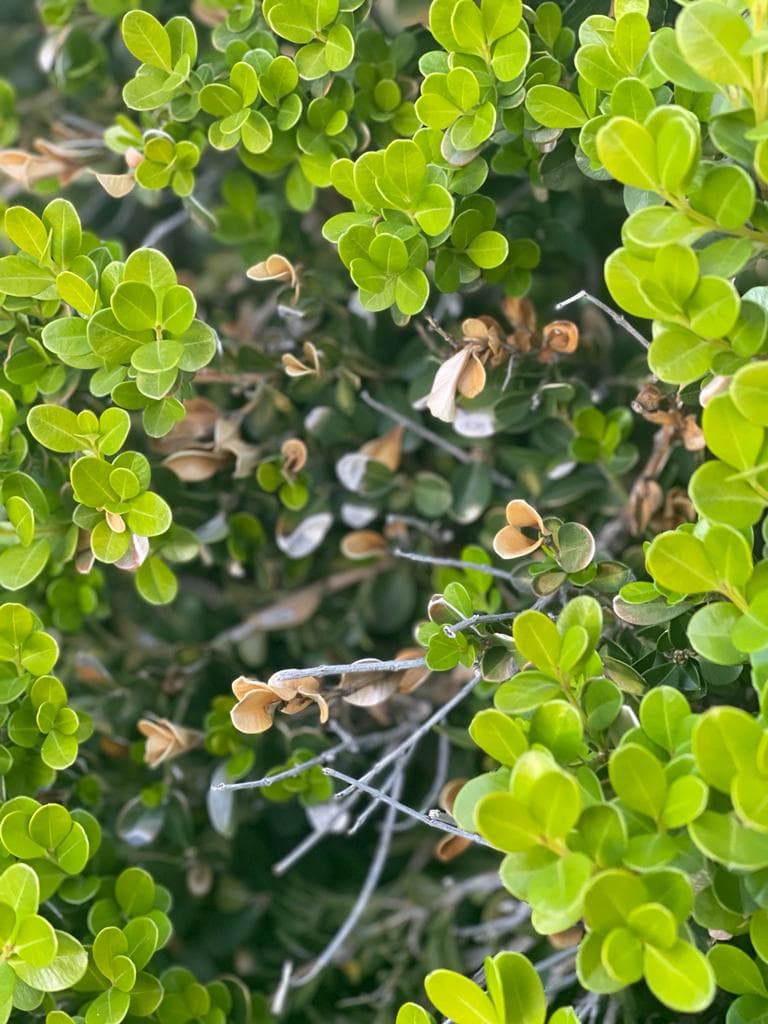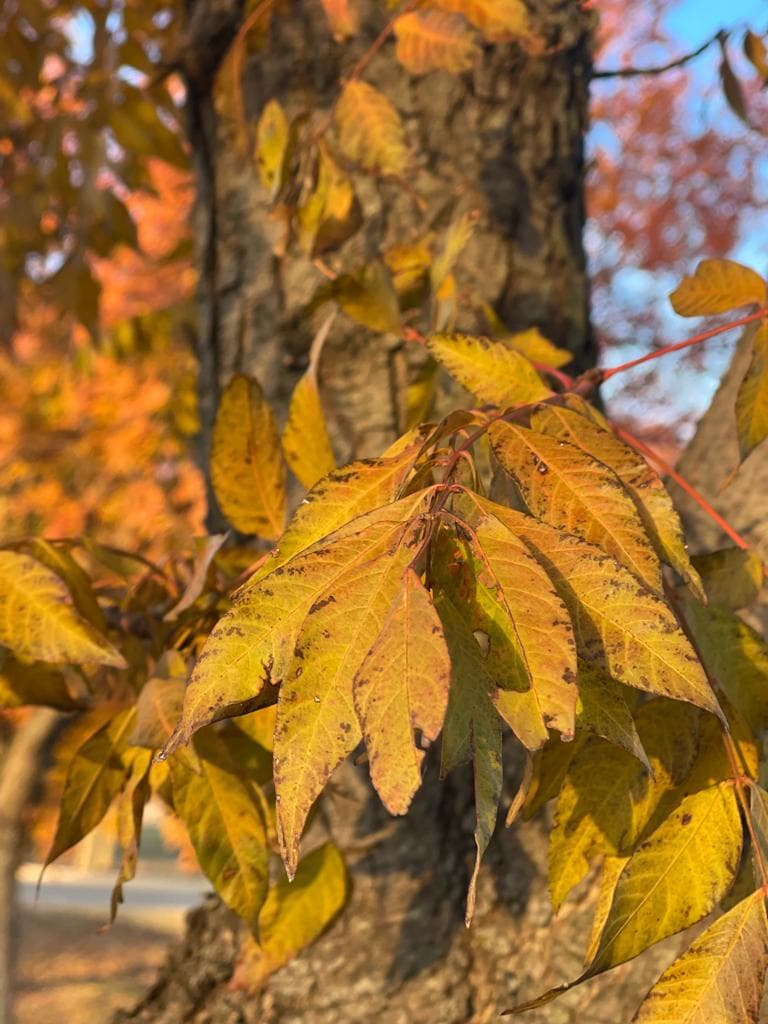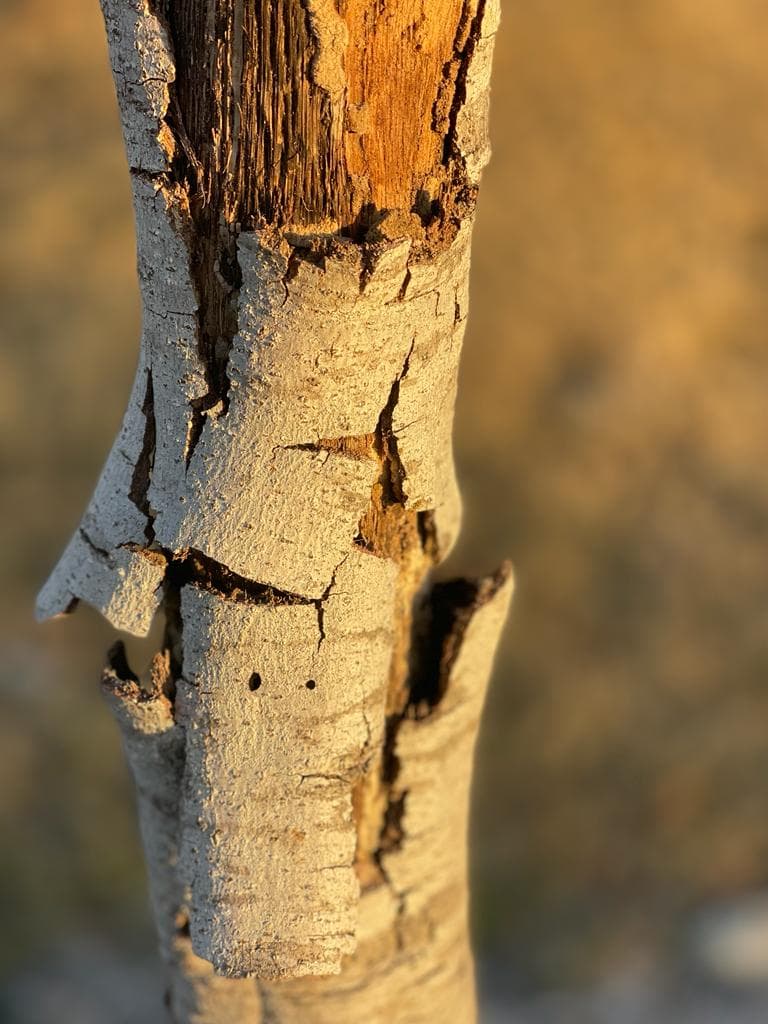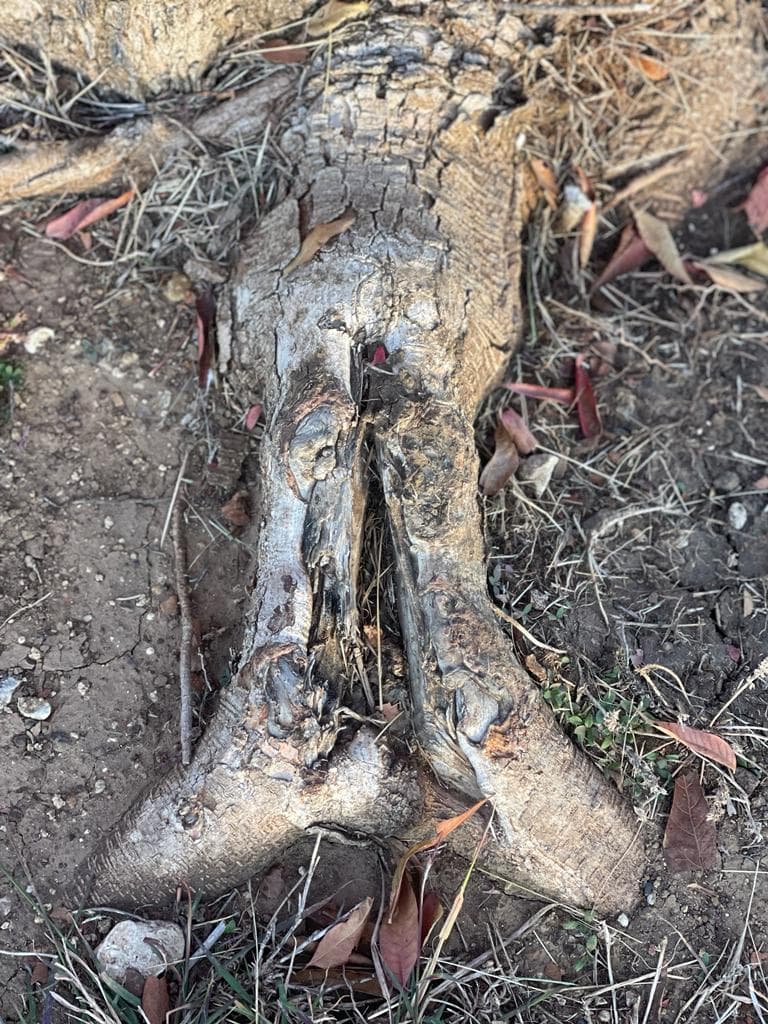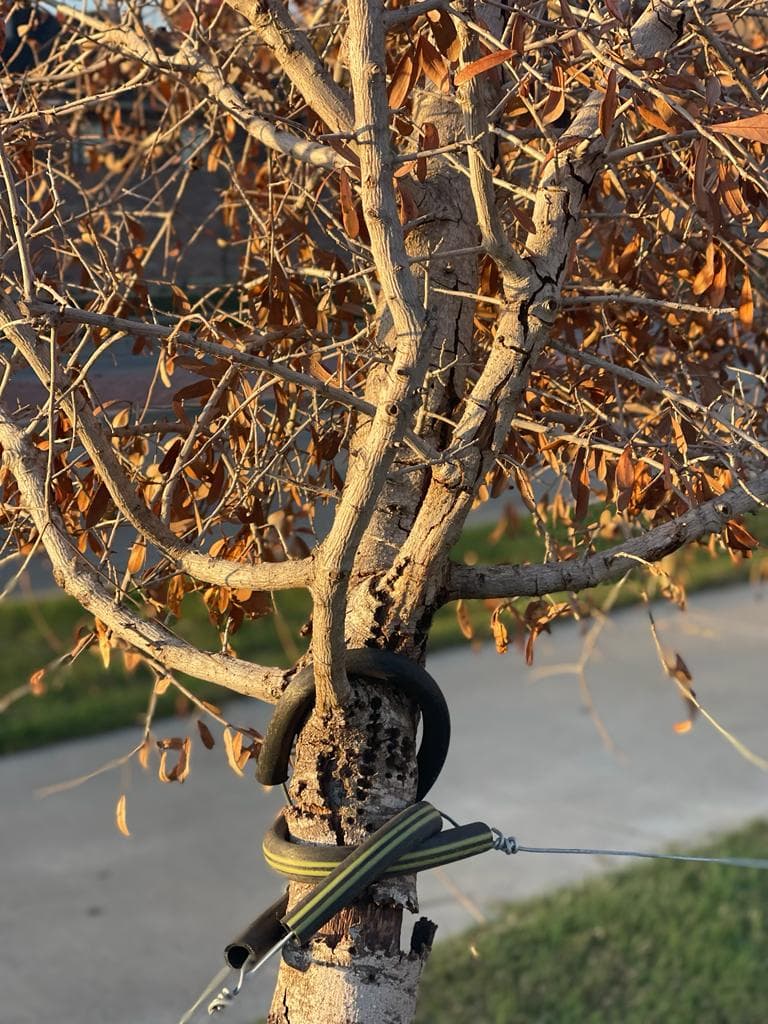Texas Shrubs & Tree Health Care Experts
Caring For Texas Shrubs & Trees Since 1990 Get A Free QuoteCall (817) 880-6130Tree & Shrub Pest Treatment Services in Lake Worth, TX
Our ISA Certified Arborist Can Help Treat Your Trees and Shrubs From Pests in Lake Worth, TX.
Arborist USA provides Tree & Shrub Pest Treatment Services in Lake Worth, Texas, and the surrounding areas.
Lake Worth, TX, known for its verdant landscapes dotted with trees and shrubs, offers an inviting habitat for various pests. The practice of effective tree and shrub pest treatments becomes essential for preserving the city’s aesthetic charm and the health of its greenery.
In conclusion, conserving the picturesque green landscapes of Lake Worth, TX requires proactive and effective tree and shrub pest treatments. By adopting strategies that not only ensure the plants’ well-being but also safeguard the local ecosystems, we move towards maintaining the region’s green heritage. Through community alertness and combined efforts, the city can rise to meet pest management challenges, ensuring healthier, pest-free trees and shrubs, and a blooming Lake Worth.
If you are in need of Tree & Shrub Pest Treatment Services in Lake Worth, TX, please get in touch with Arborist USA today by calling us at (817) 880-6130, your Tree & Shrub Disease Specialist.
Signs of a Sick Tree or Sick Shrub
- Dead Branches
- Yellowing Leaves
- Fungi or Decay
- Bark Falling Off
- Discolored or Rusted Leaves
- Dying Tree or Shrub
- Leaf Discoloration
- Root or Insect Damage
- Leaves look like they’re being eaten
- Bark is Peeling
- Holes in leaves
- Holes on Bark or Branches
- Stunted Growth
- Canopy Dieback
- Bark Abnormalities
- Wilting
Tree & Shrub Helpful Tips
1. Identifying Pests:
Early detection and identification of pests such as aphids, mites, caterpillars, borers, beetles, and scale insects are critical in mitigating their harmful impact.
2. Signs of Infestations:
Look out for early signs of infestation, like irregular growth patterns, premature leaf drop, rapid leaf discoloration, or strange lesions on the bark. Recognizing these signs early can facilitate timely intervention.
3. Prompt Treatment:
Rapid treatment of infested shrubs and trees helps to minimize immediate damage and averts future infestations, saving plant life and unnecessary replacement expenses.
4. Expert Assistance:
Tree and shrub care specialists excel in promptly identifying pests and tailoring effective treatment procedures. Their continuous surveillance helps maintain the city’s green health via adaptive pest
management.
5. Treatment Strategies:
Depending on the type and severity of the infestation, pest control methods can encompass chemical and biological treatments, physical remedies like pruning and trimming, and smarter cultivation methods.
6. Preventive Measures:
Regular pruning, adequate watering, and balanced fertilization can deter pest invasions. Moreover, promoting biodiversity helps create a balanced ecosystem that is inherently resilient to pest issues.
7. Integrated Pest Management (IPM):
This strategy combines various pest control tactics that are sensitive to environmental concerns for a comprehensive and effective pest treatment.
8. Balancing Ecosystems:
Pest eradication is vital, but preserving beneficial insects and local wildlife is equally important. Pest management professionals are adept at achieving this balance, enhancing overall ecosystem health.
9. Community Collaboration:
Community-wide vigilance and active participation in identifying, preventing, and addressing pest infestations are crucial in enhancing the success of pest treatment operations.
10. Education and Public Awareness:
Educating locals about the varying types of pests, signs of infestations, treatment methods, and preventative measures empowers all residents to contribute to effective pest management.
If you’re concerned or have any further questions about our Tree & Shrub Pest Treatment Services in Lake Worth, TX, or surrounding areas in North Texas, please call us at (817) 880-6130.
Tree & Shrub Pests
Listed below are common Tree & Shrub Pests found in Texas.
Aphids
A white soft body insect that creates a sticky "honey dew" structure on limbs or leaves, blocking nutrients.
Bagworms
Bagworms lay eggs that create small cone-shaped structures less than three inches in length.
Beetles
An invasive wood borer that is subject in all wood tissue that causes severe decline in trees health.
Gypsy Moth
A larva that boars into leaf structure that cause lesser of a foliation and decline in overall leaf structure.
Oak Gall
A growth deformity known as a "gall" commonly occur on oak trees subject to branches and other structures.
Termites
Termites, wood-destroying insect, eats away at all wood tissue, damaging the structures of the trees.
Twig Girdlers
Being a member of the long-horned beetle family, these girdlers are known to eat leaf and other tree areas.
Webworms
These caterpillars spin white webbing bag nests in tree branches and eat your tree foliage (leaves).
Certifications

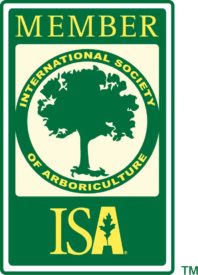

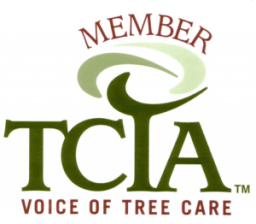
Our Reviews
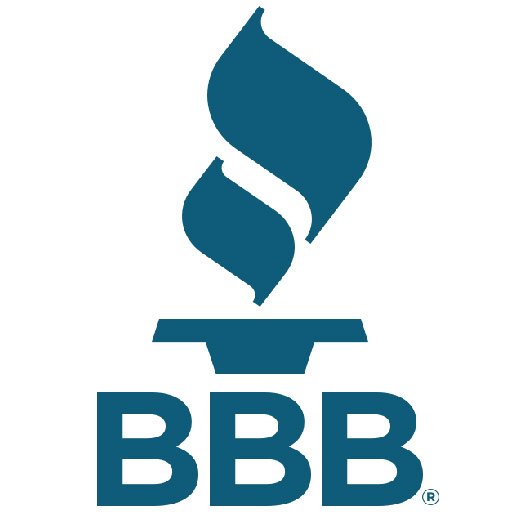
A+ BBB Rating based on 31 BBB Reviews
4.8/5.0 based on 83 Top Rated Local Reviews
4.6/5.0 based on 36 Facebook Reviews
4.0/5.0 based on 4 Trust Pilot Reviews

4.9/5.0 based on 90 Google Reviews
4.5/5.0 based on 13 Yelp Reviews
29 Recommendations on Nextdoor
Total Reviews: 286 ![]() Real Customer Reviews
Real Customer Reviews

